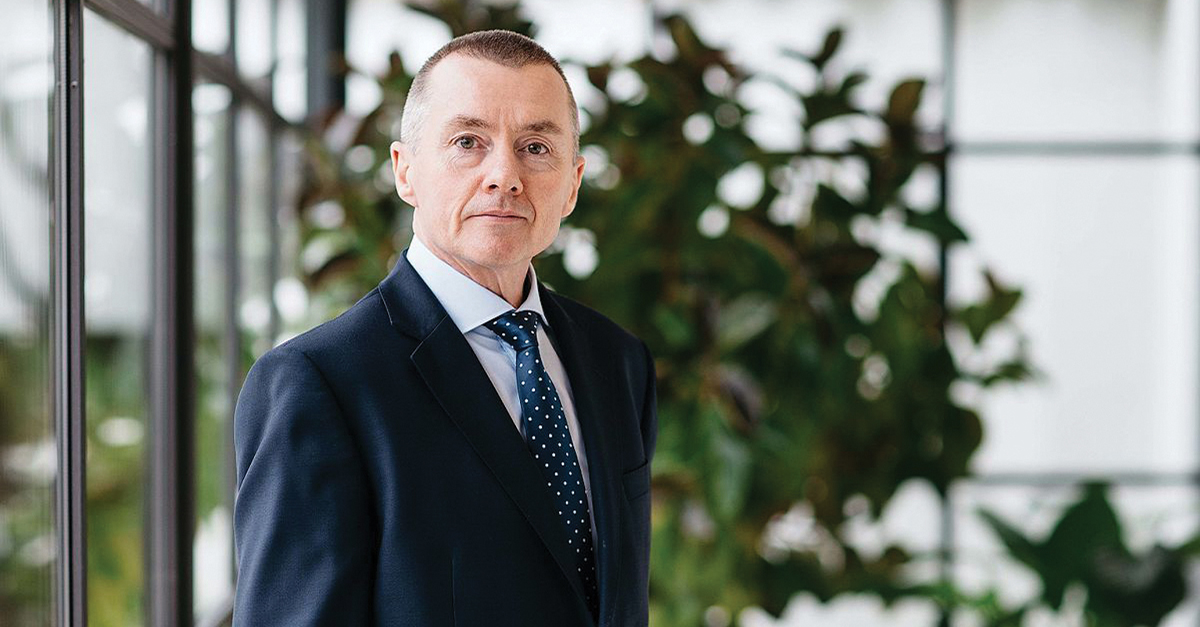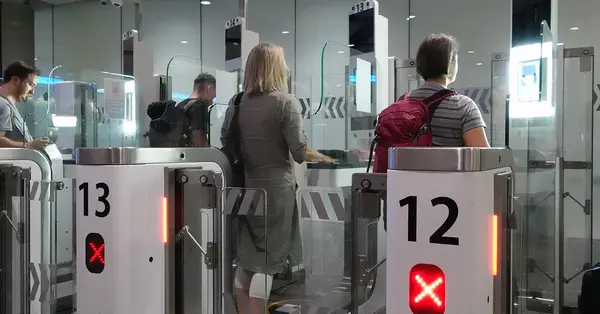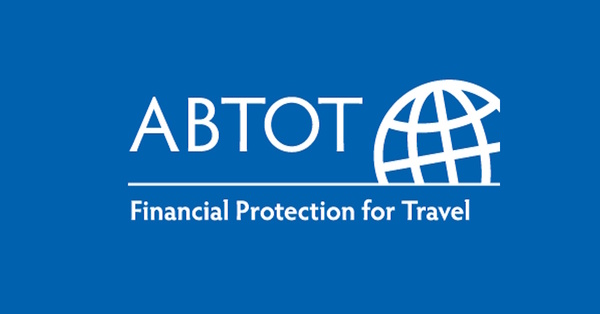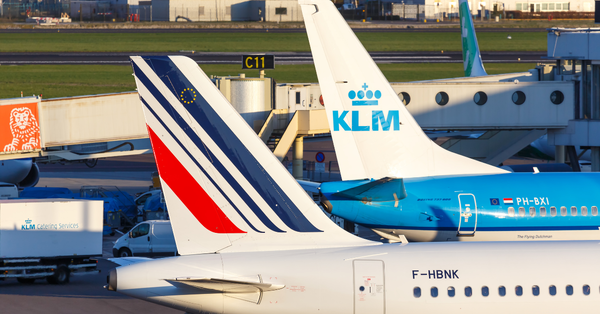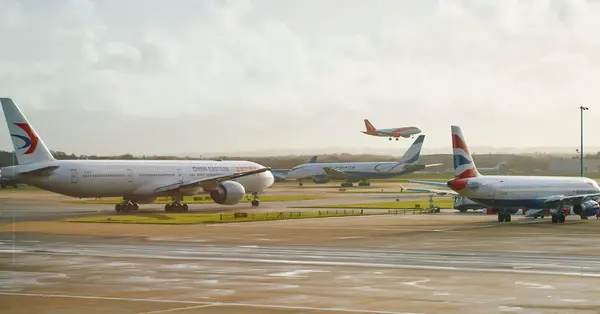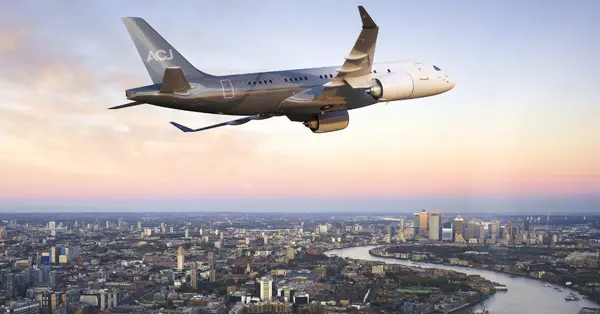You are viewing 1 of your 2 free articles
Cost of flying to rise amid soaring oil prices, Iata chief warns
Airline tickets prices will rise “without doubt” as fuel costs go up, Iata chief Willie Walsh has warned.
Oil prices have jumped as economies recover from the Covid pandemic and due to the war in Ukraine.
These costs will be passed on to consumers, Iata director general Walsh said.
The boss of British Airways and the airline’s owner IAG also said Heathrow “should have prepared better” to avoid recent disruption.
But Heathrow hit back, claiming that Walsh’s comments were “ill-informed”.
Travellers need to be prepared for the cost of flights to go up, Walsh told the BBC Sunday Morning programme.
“Flying will be more expensive for consumers, without doubt”, he said, adding that the “high price of oil” will be “reflected in higher ticket prices”.
Oil prices were already rising as demand picked up again in economies that had started recovering from the Covid pandemic.
The fallout from the war in Ukraine has pushed prices up further. The US has announced a complete ban on oil imports from Russia, with the UK is to phase out Russian supplies by the end of the year.
European Union leaders have said they will block most Russian oil imports by the end of 2022.
This means demand for oil from other producers has increased, leading to higher prices.
Walsh said fuel prices were at record highs, and that “oil is the single biggest element of an airline’s cost base”.
“It’s inevitable that ultimately the high oil prices will be passed through to consumers in higher ticket prices,” he added.
Airports which “cannot cope” should adjust their schedules now, “so that they can accommodate as many people as possible”.
He singled out Heathrow in particular which has had recent problems with aircraft fuelling and its baggage system.
“Heathrow definitely should have prepared better,” Walsh said.
“They were arguing that airlines should be operating at least 80% of their slots through the summer period.
“They clearly did not provide sufficient resources to deal with that level of activity, so you would have to be critical of Heathrow.”
Walsh admitted that many of the issues affecting airlines and airports were caused by staffing problems.
Global air traffic increased to almost 69% of pre-crisis levels in May, but Walsh last week warned it would “take time” to deal with the bottlenecks in aviation caused by the global workforce shortage.
A Heathrow spokesperson said in response to the criticism: “Aviation is under considerable pressure as demand ramps up – at Heathrow we’ve faced 40 years of growth in just four months – and what we need is collaborative working and investment in services to protect passengers, not ill-informed comments from retired airline bosses seeking to justify their own bonuses.
“Unlike Mr Walsh, our overriding concern is not a blame game or abdication of responsibility, but what is in passengers’ best interest.”
The spokesperson added that Heathrow had requested that airlines “limit demand in line with capacity and this has enabled the vast majority of travellers to get away smoothly in recent months”.
“The most significant risk to travel remains airspace constraints across Europe and a lack of airline ground handling staff.
“We will work closely with all our airport partners and take action where needed, to ensure we can give passengers the safe and reliable journey they deserve this summer,” the spokesperson added.

